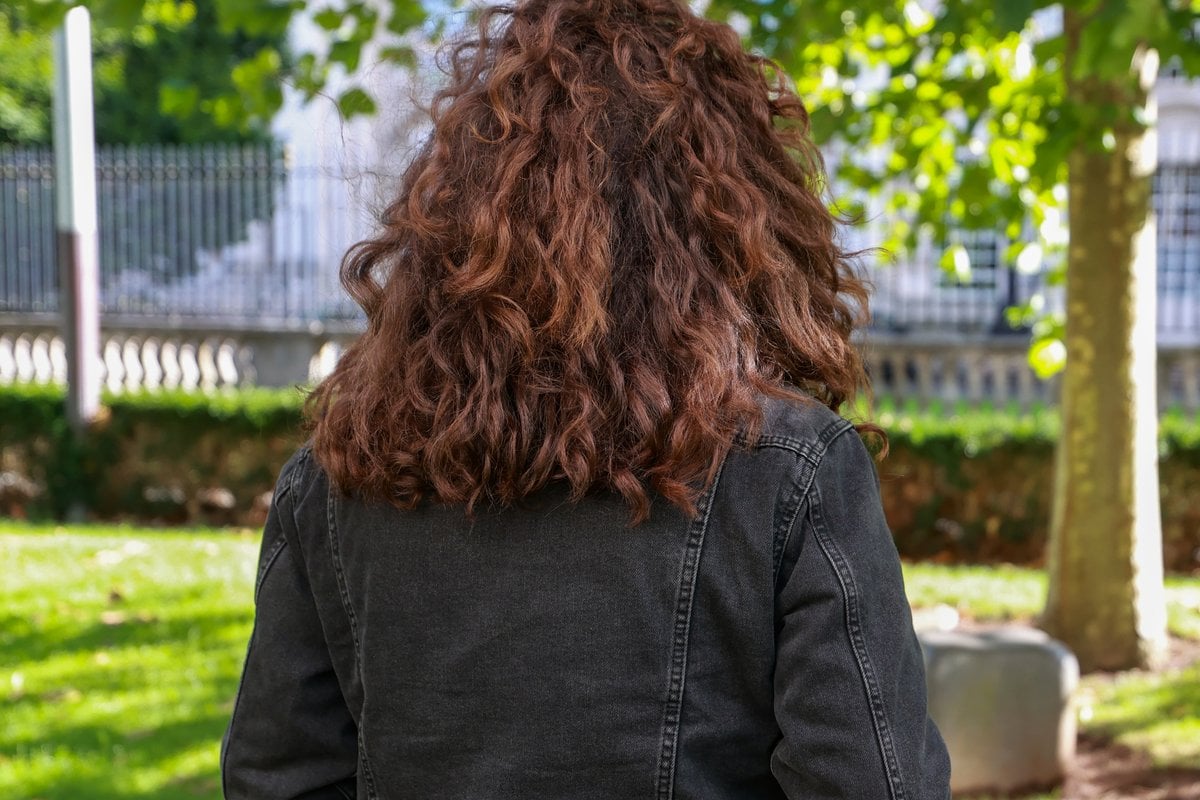
This story includes discussion of pregnancy loss that may be distressing to some readers.
When my gynaecologist told me that I couldn’t conceive a baby naturally anymore, I was extremely upset and disappointed.
I did consider the option of IVF, but seeing as I was already a proud mum of two kids, I decided not to try for more.
However, a few years later when I found out I was unexpectedly pregnant, I was ready to drop everything to welcome a third child into the family.
As I hadn’t reached the 12-week mark yet, I’d only told a few close family and friends who were also very happy about the baby news. I began to imagine my life with the new baby in it.
Watch: Mia talks about feeling lost after miscarriage. Story continues below.
I had already picked out a name because I was certain the baby was a girl. I had even started shopping for tiny newborn baby clothes.
Things were going well, and the baby’s father and I were looking forward to my first ultrasound in a few days’ time.
But then everything came crashing down. My pregnancy came to a traumatic end even before I had the first scan.
I can clearly remember the day of my miscarriage.
I had just used a public toilet, stood up and bled heavily all over the floor. I was in shock and crying inconsolably as I got down on my hands and knees to soak up the blood with toilet paper. I was absolutely devastated. But little did I know, I hadn’t quite reached rock bottom just yet. What followed was a very emotional and low time in my life.

